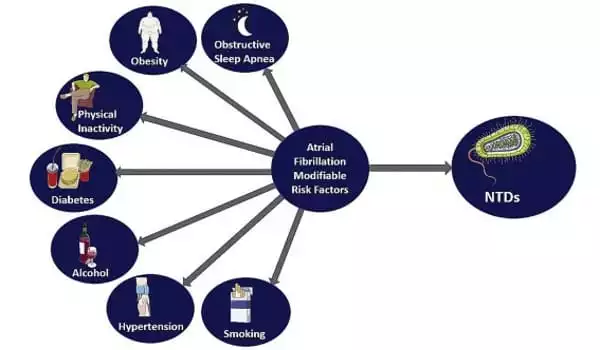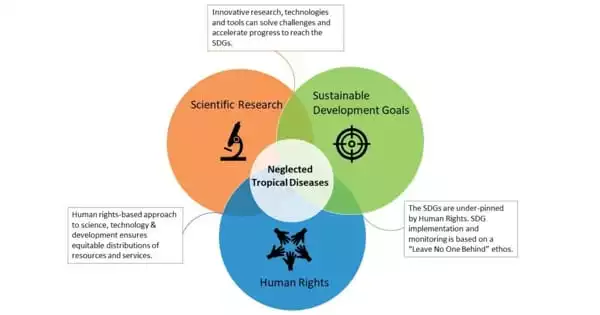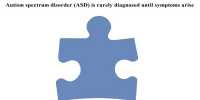Neglected tropical diseases (NTDs) include dengue fever, lymphatic filariasis, trachoma, and leishmaniasis. They are named “neglected” because they primarily affect the poor and have historically gotten less attention than other diseases. NTDs thrive in poorer regions of the world with poor water quality, sanitation, and access to health care. However, some of these diseases are also seen in low-income areas of the United States.
Researchers discovered a chemical produced by male parasitic worms known as schistosomes that stimulates sexual maturity in females of these species. The findings help answer a century-old mystery and could lead to new treatments for one of the most important neglected tropical diseases called schistosomiasis, which kills up to 200,000 people a year, according to the World Health Organization (WHO).
A team lead by UTSW researchers discovered a chemical produced by male parasitic worms known as schistosomes that stimulates sexual maturity in females of these species. The results, published in Cell, assist to solve a century-old puzzle and potentially lead to novel treatments for schistosomiasis, one of the most serious neglected tropical illnesses that kills up to 200,000 people each year, according to the World Health Organization (WHO).
“Schistosomiasis not only affects people who are poor, it keeps them poor by preventing them from living up to their full potential,” said study leader James Collins, Ph.D., Associate Professor of Pharmacology at UT Southwestern. “Our findings show how understanding biological processes in these worms could one day offer hope for the hundreds of millions of people infected with these parasites.”
Our findings show how understanding biological processes in these worms could one day offer hope for the hundreds of millions of people infected with these parasites.
James Collins
The WHO estimates that around 220 million people are infected with schistosomiasis, the majority of whom are children in Africa, Asia, and South America. This disease’s flatworm parasites have a convoluted life cycle that includes stages in both freshwater snails and mammals. Schistosomes feed on blood and deposit a large number of eggs, which lodge in tissues and organs and cause a variety of symptoms such as abdominal pain, diarrhea, bloody stool, or blood in the urine.
Unlike other flatworm species, which are hermaphrodites, schistosomes have male and female sexes, according to Dr. Collins. Researchers discovered over a century ago that females must be in physical touch with males in order to develop and remain sexually mature and lay the eggs responsible for schistosomiasis symptoms and proliferation. However, the mechanism underlying this atypical path to puberty has remained unexplained.

To further understand this phenomena, graduate student Rui Chen, then-postdoctoral fellow Jipeng Wang, Ph.D., and their colleagues in the Collins lab looked for changes in gene activity when male and female schistosomes interacted. They soon discovered that gli1, a gene in males, seems to be crucial in triggering female sexual maturity. When the scientists removed gli1 from males, the females’ sexual organs remained immature and they never deposited eggs.
Because gli1 is a transcription factor that regulates the activity of many genes, the researchers looked for other genes driven by gli1 in men that could be important for female sexual maturity. Their investigation yielded the gene Schistosoma mansoni nonribosomal peptide synthetase (Sm-nrps), which links amino acids together to form short peptides. Following the discovery that Sm-nrps in men is also required for the initiation and maintenance of sexual maturity in females, subsequent study revealed that the primary product produced by this gene is a tiny peptide known as b-alanyl-tryptamine. Even in the absence of a male, dosing female schistosomes with just one peptide was enough to initiate and maintain sexual development.
Dr. Collins observed that because schistosome eggs are the fundamental cause of schistosomiasis health problems and propagate its spread, inhibiting any element of this route could provide a novel strategy to combat the disease. Furthermore, while many animals have genes comparable to Sm-nrps, none have been documented to have a role in chemical signaling, implying the discovery of a hitherto unknown method of animal communication. Dr. Collins and his colleagues intend to continue studying this pathway in several schistosome species and look for analogous pathways in other animals, according to Dr. Collins.
Neglected tropical diseases have a huge impact on world health. According to the World Health Organization, more than one billion people — roughly one-sixth of the world’s population — have at least one NTD. While NTDs are seldom fatal, they can cause considerable handicap that lasts a lifetime, such as exhaustion, blindness, and deformity. Sufferers skip school, are unable to work, or are too self-conscious to seek medical attention. NTDs can perpetuate the cycle of poverty among the world’s poor by reducing quality of life and prospects for success.
















